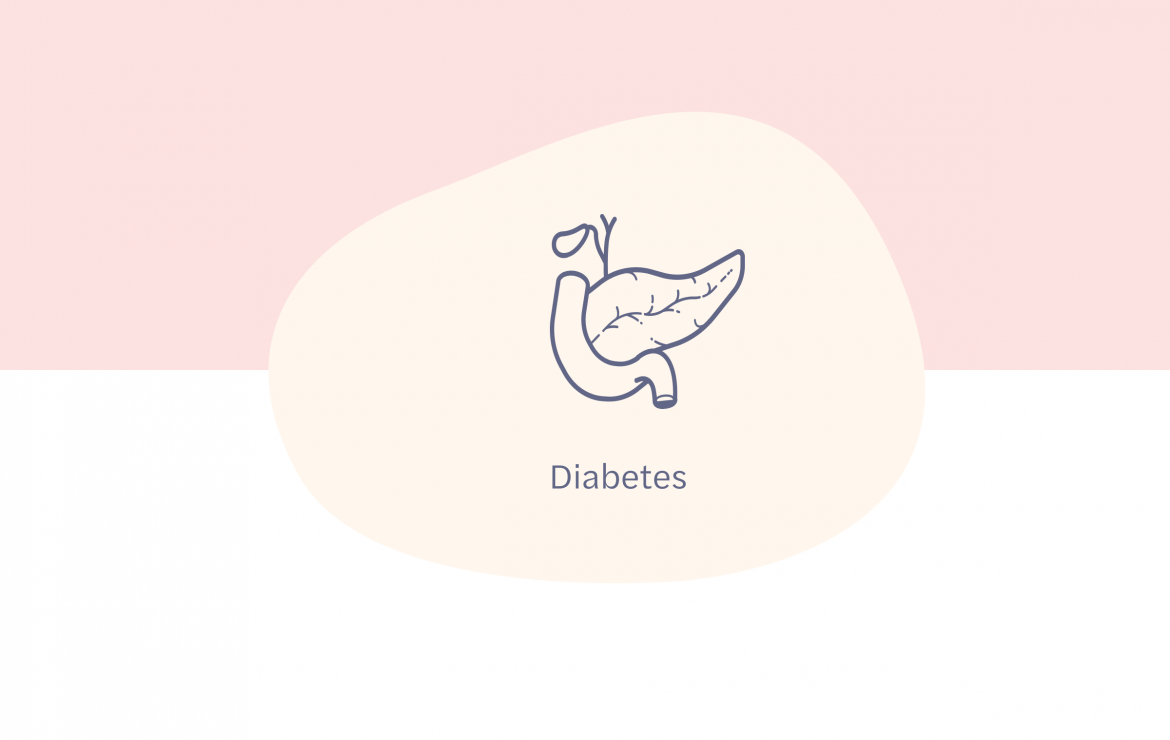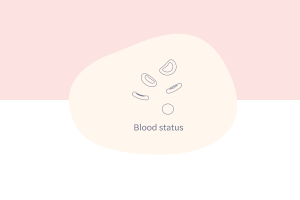Glucose

Diabetes
What is glucose?
Glucose, also known as sugar, is one of the body’s primary energy sources and mainly comes from foods rich in carbohydrates e.g. bread, fruits. After the ingestion of carbohydrate rich foods, the body breaks down these more complex structures into simpler molecules – glucose. When glucose enters the bloodstream from the digestive tract, the pancreas secretes a hormone called insulin. Insulin regulates the amount of glucose within the blood, and any excess glucose is stored within cells of the body – primarily within the liver, muscles and fat so that it can be used when needed.
Long-term elevated glucose levels can result in the development of diabetes, and can damage the eyes (specifically the retina), kidneys, nerves, and blood vessels.
Blood glucose levels are normally tested when an individual has fasted overnight.
Why is this analysis important?
-
Helpful in the diagnosis of diabetes and prediabetes
-
Helps in the management of diabetes
Results
Normal blood glucose values change depending on the laboratory. The doctor will always evaluate the results based on several factors.
High glucose levels can be caused by:
-
Diabetes
-
Drugs such as steroids (e.g. prednisolone), beta-blockers (e.g. bisoprolol), thiazide-type diuretics (e.g. hydrochlorothiazide)
-
Elevated stress levels
-
Infection
-
Surgery
-
Acute and chronic pancreatitis
Low glucose levels can be due to the following:
-
Malnutrition
-
Prolonged fasting
-
Liver failure
Other Considerations
Those with diabetes managed by insulin, blood sugars can be monitored through the day using a blood glucose monitor.
Tests that include this marker
References
Consensus document on the management of atherogenic dyslipidemia of the Spanish Society of Arteriosclerosis. Juan F. Ascaso, Jesús Millán, Antonio Hernández-Mijares, Mariano Blasco, Ángel Brea, Ángel Díaz, Teresa Mantilla, Juan Pedro-Botet y Xavier Pintó.
Clínica e Investigación en Arteriosclerosis, 2017-03-01, Volumen 29, Número 2, Páginas 86-9
Patient education: High cholesterol and lipids (hyperlipidemia) (Beyond the Basics). Robert S Rosenson. www.uptodate.com/patients. 2018
Clinical Laboratory Science, 8th edition. Mary L Turgeon. 2020









